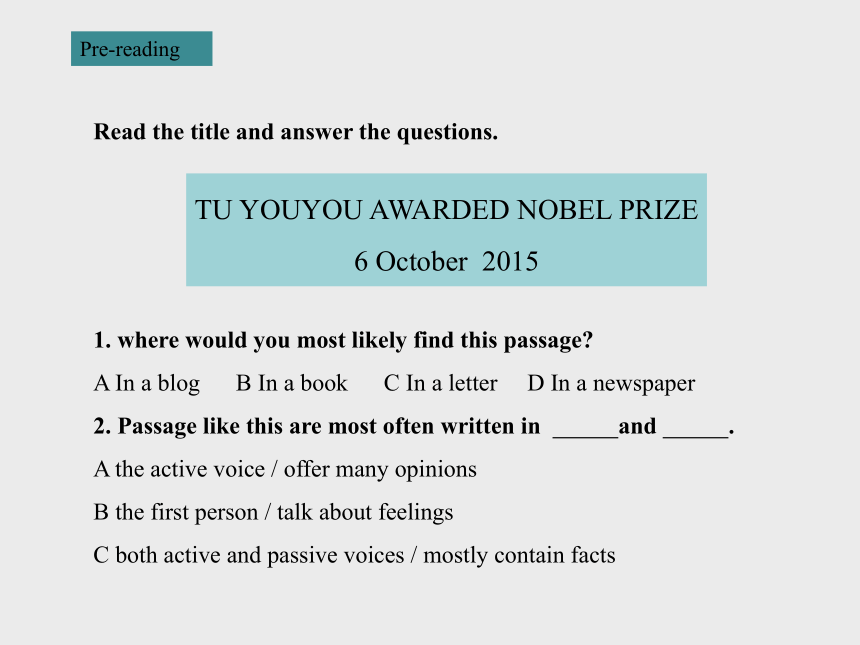and a detailed description using "pet-safe slug killer" with proper SEO standards:
Guide or Summary:Pet-Safe Slug Killers Copper Tape and Barriers Diatomaceous Earth Slug Pellets Beer Traps Manual Removal Nematodes Compost Tea Diatomaceous……
Guide or Summary:
- Pet-Safe Slug Killers
- Copper Tape and Barriers
- Diatomaceous Earth
- Slug Pellets
- Beer Traps
- Manual Removal
- Nematodes
- Compost Tea
- Diatomaceous Earth with Essential Oils
- Slug-Resistant Plants
- Reflective Garden Sticks
---
**Title:** "Top 10 Pet-Safe Slug Killers: Protect Your Garden and Loved Ones with Effective, Eco-Friendly Solutions"
Pet-Safe Slug Killers
When it comes to gardening, few pests are as frustrating as slugs. These mollusks can devastate plants, leaving trails of damage in their wake. However, many traditional slug control methods can be harmful to pets if not used carefully. This guide explores the top 10 pet-safe slug killers, ensuring your garden stays healthy while keeping your pets safe.
1. Copper Tape and Barriers
Copper is a natural repellent for slugs and snails. Copper tape or barriers placed around the base of plants can create an invisible barrier that slugs are reluctant to cross. This method is pet-safe and won't cause harm to any animals that come into contact with it.

2. Diatomaceous Earth
Diatomaceous earth is a fine, powdery substance made from the fossilized remains of diatoms. When sprinkled around plants, it dries out the slugs' skin, causing them to dehydrate and die. It's safe for pets as long as it's not ingested in large quantities.
3. Slug Pellets
While traditional slug pellets contain chemicals that can be harmful to pets, there are now pet-safe options available. These are formulated to target slugs specifically, leaving other wildlife unharmed. Always follow the manufacturer's instructions and keep pellets out of reach of pets and children.
4. Beer Traps
Beer traps are an eco-friendly and pet-safe way to control slugs. Slugs are attracted to the sweetness of beer and will crawl into the container to drown. This method is safe for pets as long as the beer is kept out of their reach.
5. Manual Removal
One of the most pet-safe methods is simply removing slugs by hand. This can be time-consuming but is effective for small infestations. Always dispose of slugs in a bucket of soapy water to prevent them from escaping.

6. Nematodes
Nematodes are microscopic worms that prey on slugs and other soil-dwelling pests. They are safe for pets and the environment, making them an excellent eco-friendly option. Nematodes are available at most garden centers and are easy to apply.
7. Compost Tea
Compost tea is a natural solution made by steeping compost in water. The resulting tea contains beneficial bacteria that can help control slug populations. It's safe for pets and won't harm beneficial insects or soil microbes.
8. Diatomaceous Earth with Essential Oils
Adding essential oils like lavender or peppermint to diatomaceous earth can enhance its effectiveness and provide a pleasant scent. This mixture is safe for pets as long as it's not ingested.
9. Slug-Resistant Plants
Some plants are naturally resistant to slug damage. Examples include hostas, ferns, and lavender. Incorporating these plants into your garden can help reduce slug populations naturally.

10. Reflective Garden Sticks
Reflective garden sticks can deter slugs by reflecting light, which can be disorienting for these nocturnal creatures. This method is completely safe for pets and can be an effective addition to any garden.
This guide provides pet-safe slug killer solutions that are effective and environmentally friendly. By incorporating these methods into your garden care routine, you can protect your plants and pets alike. Remember to always follow the manufacturer's instructions and use these products responsibly to ensure the health and safety of your garden ecosystem.